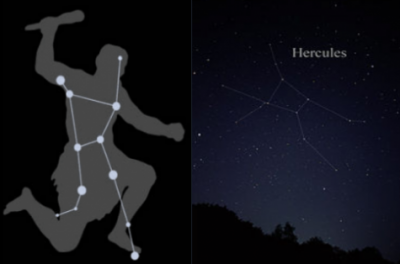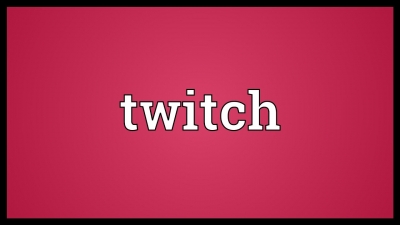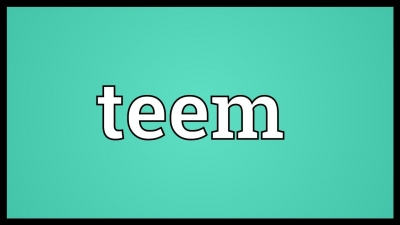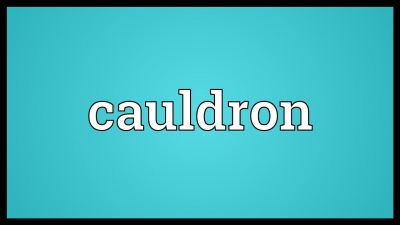Did you know that some of the words were contributed by the authors themselves and those words became popular among the masses?

Ever wondered how words are formed? Our language is ever-evolving. Every year, hundreds of words get added to our vocabulary. Did you know that some of the words were contributed by the authors themselves or that those words became popular among the masses? Some even found a place in the dictionaries. Let's take a look at some of the authors who have offered us their repertoire of words which subsequently became famous.
PANDEMONIUM – BY JOHN MILTON
A word used to refer to chaos and uproar. "pandemonium" is a highly mainstream word. The word is created by poet and writer John Milton. It was in the poem "Paradise Lost that Milton referred to the capital of Hell as Pandemonium. And the word came into being! And that is not all. He is credited with introducing as many as 630 words to the English language. Did you know that the oft-used words such as "liturgical", "debauchery", "besottedly", "unhealthily", "padlock", "dismissive", "terrific". "embellishing", "fragrance", "love-lorn" and "complacency" were created by the poet?
SERENDIPITY- BY HORACE WALPOLE
Serendipity is one of the magical words in the English language. It refers to happy accidents, the fact of finding something interesting or valuable by chance. There is even a movie titled "Serendipity," starring John Cusak. And we credit Horace Walpole for the word. He is said to have been inspired by a fairy tale called "The Three Princes of Serendip" and used the word and announced his coinage in one of his correspondence letters. He uses the word in a letter to his friend Horace Mann. Did you know that "serendip" was actually another name for Sri Lanka?
CHORTLE - BY LEWIS CARROLL
The man who wrote "Alice's Adventures in Wonderland" gave us not just remarkable characters such as the Mad Hatter, Cheshire Cat or Alice but also new words. "Chortle" is one such word coined by the author. A word that means a kind of laugh which is a mix of a chuckle and snort, the word was used in the nonsense poem by the author Jabberwocky. "Galumphing" is another word from the poem that is also used in modern language that means "galloping in a triumphant manner. Another word invented by the author is "portmanteau word. The word portmanteau did exist already but the author created a portmanteau word which means a word made by joining two words. "Frabjous" is a word in the dictionary that has been coined by Carroll that means joyous. "Mimsy" is yet another word coined by him which means prim or underwhelming.
ALLIGATOR - BY SHAKESPEARE
Shakespeare has been credited with having invented hundreds of words by scholars. Let's take a look at some of the words he came up with. Did you know that the word "alligator first appeared in Shakespeare's "Romeo and Juliet? It is the anglicised version of the Spanish words ‘el lagarto’. Some other words include "arch-villain", "green-eyed", "dauntless", "besmirch", "lackluster", "dwindle" and so on.
TWEEN – BY J.R.R. TOLKIEN
Tolkien gifted us Middle Earth, a fantastical universe with wizards, elves, dragons, dark lords, trolls, dwarves, orts, and so on. The fictional land has a fictional language too, containing many new words. His fictional works "The Hobbit" and "The Lord of the Rings" have many words coined by him. Did you know that ‘Hobbit’ was included in the Collins English Dictionary? It is defined as 'one of an imaginary race of half-size people living in holes’. The word 'orc’ was also made popular by him. Derived from the Italian word Orco, which means man-eating giant, the word orc was reimagined by him. ‘Tween' is another word that we have borrowed from the author. The word is used to refer to a preteen, someone who is nearing teenage but who is not yet a teenager. The word was used by Tolkien to refer to the hobbit's "irresponsible twenties". ‘Mithril' is yet another word. A fictional metal found in Tolkien's Middle Earth, Mithril is also a popular word.
Picture Credit : Google











